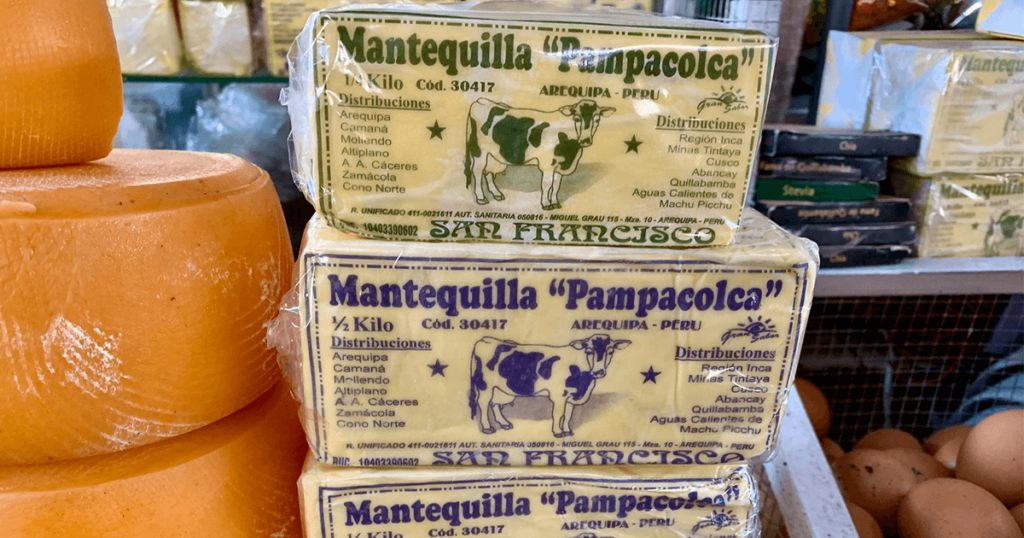
The reading in my upper intermediate class was about the benefits of study abroad, and the author asserted that in deciding if it’s for you, it’s important to know if you’re someone who likes to figure things out on your own. “Do you know that verb,” I asked the class, “figure out?” One student asked if the meaning was to learn.
Find out is to learn, I told them, often something simple, as in find out what time a film is playing. Figure out is to solve a problem or answer a difficult question. Students nodded. You figure out how a machine works, or what a teacher expects, or the meaning of a word—something that was a puzzle. More nods.
A student, a young adult of 25, spoke up. He had no difficulty with the verb, but he didn’t understand what you’d have to figure out in a foreign country. Most uncertainties could be settled with a question. For example, he continued, where to register for classes or what time meals are served or if you’re expected to help out with chores at a homestay.
If you were from a village, you’d have to figure out the public transportation in a big city, I pointed out, but he answered that you would do that in your own country as well.
Yes, but not in a foreign language, I said. A foreign language makes even familiar experiences mysterious, I added, recalling my first solo shopping expedition in Madrid, shortly after coming to Spain on a visit to my brother, when he’d sent me out for a liter of milk and a stick of butter. I knew no Spanish then, but I thought I could remember the word leche. Mantequilla, though—I feared I’d forget that one. So my brother wrote the word down, and for good measure, the other one too, and I went forth with a two-item shopping list, which I studied in the block between his apartment and the corner grocery store. Arriving at the store, I put the list away.
It was a small store with just two aisles, but I went straight to the shop assistant at the counter to ask my question. I’d forgotten the butter word already, so I pulled my list from my pocket and read it. The woman across the counter smiled encouragingly, but the word I’d uttered meant nothing to her. She tilted her head to get a look at my paper, while another woman appeared at my side and peered over my shoulder, also trying for a look at the paper.
Ah! Mantequilla! Leche! One went off for the butter and milk while the other helpfully recited the words again for me. But I was distracted, searching my pockets for the 1000-peseta bill my brother had given me.
I couldn’t find it. Had it fallen when I’d extracted my list? Had I left it back at the apartment? Where could it be? My mind was a blank. I patted all my pockets again, frantically, with no way to say that I didn’t know what had happened to my money, that the apartment was a block away, that I would return in a moment. I pushed the bagged items away and edged toward the door.
“No, no, no!” the woman behind the counter said, having figured out my problem. She pushed the bag back towards me. The other put it into my hands. “Mañana,” they assured me, rubbing their fingers tips together to mean money, then opening their hands and extending a spread palm, to say, See how easy! “Mañana.”
Being there was an embarrassment, but coming back to pay my debt the next day would be a greater one, and in a flurry of distress I found the bill. Was it like that, was it in fear, I wondered a dozen years later of a friend who, after two years of trying, got pregnant on the eve of fertility treatment. Not the same, of course—she’d had worries and appointments and fertility charts and a still empty uterus, whereas I’d had just an empty mind. She produced a baby, and I a mere 1000 pesetas. I looked at my student, who was suggesting that figuring out is simply finding out several answers consecutively in a short time. “Perhaps so,” I said, my thoughts still on those two women. How kind they’d been, how pleased, how they’d smiled and admired the bill I held out to them. And I as proud as if I had fabricated it myself.

